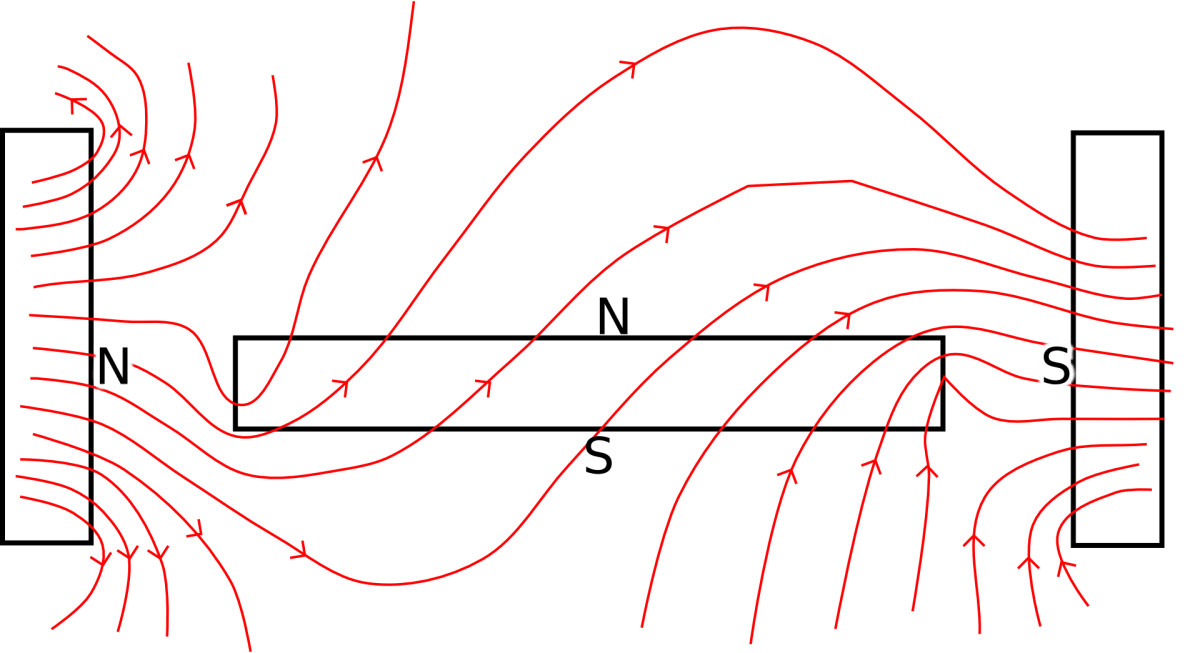
Gravity and Electromagnetism
New research from physicists at Louisiana State University (LSU) and Universidad de Valencia, Spain, may offer the answer to questions left open by classical theories of electromagnetism. If this new research solves part of this mystery, it may also provide a window into the origins of the universe.
Waves of all kinds, including light, are made of magnetic and electric fields. For around 150 years, scientists have accepted the idea that magnetism and electricity are really just two sides of the same coin. When Michael Faraday spun magnets, generating electricity — and used electrical currents to make magnets spin — the connection seemed obvious. James Clerk Maxwell took the experiments of Faraday and turned them into the classical theory of electromagnetism, which provided a unified framework for studying optics, magnetism, and electricity.

The mystery of electromagnetism lies in the absence of magnetic charges. Maxwell’s theory, referred to as the electric-magnetic duality, rests on a concept of symmetry and assumes that magnets having charges. However, no isolated magnetic charges have ever been observed in nature, and while something that behaves in a similar way has been simulated in laboratories, this is scarcely the same as actual empirical evidence. If magnetic charges don’t exist, then Maxwell’s theory of symmetry is impossible.
Now, LSU’s Ivan Agullo and his team of researchers think they know why these isolated magnetic charges, also called magnetic monopoles, have never been found: gravity and quantum effects disrupt the symmetry of the electromagnetic field.
“Gravity spoils the symmetry regardless of whether magnetic monopoles exist or not,” Agullo said in a press release from LSU. “This is shocking. The bottom line is that the symmetry cannot exist in our universe at the fundamental level because gravity is everywhere.”
Studying the Universe’s Birth
This new research challenges many basic scientific premises that may affect other research, including the study of the origins of the universe. Satellites collect data from the Cosmic Microwave Background (CMB), the radiation emitted from the Big Bang and which holds valuable clues about the history of the universe.
“By measuring the CMB, we get precise information on how the Big Bang happened,” Agullo said in the press release.
Until now, scientists analyzing CMB data have assumed that the gravitational field in the universe does not affect the polarization of photons in the CMB. However, this is only true if electromagnetic symmetry exists. If it doesn’t, cosmic evolution may be changing the polarization of the CMB constantly.
Should this research be accurate, scientists will need to analyze CMB data in new ways. The team’s focus for future work will be the identification of just how much the polarization may be changing, and how scientists can adjust their analyses to cope with this new asymmetrical reality.